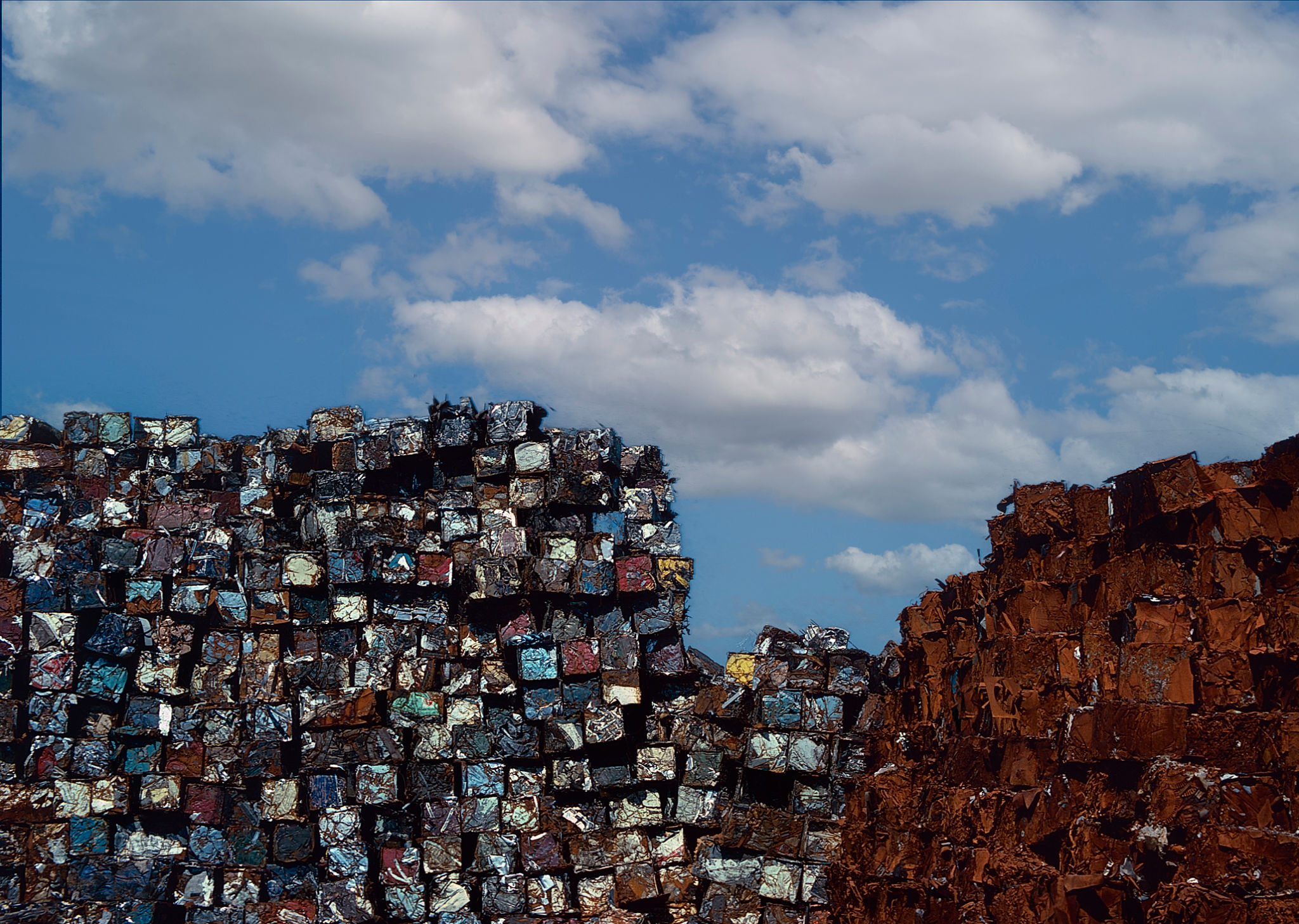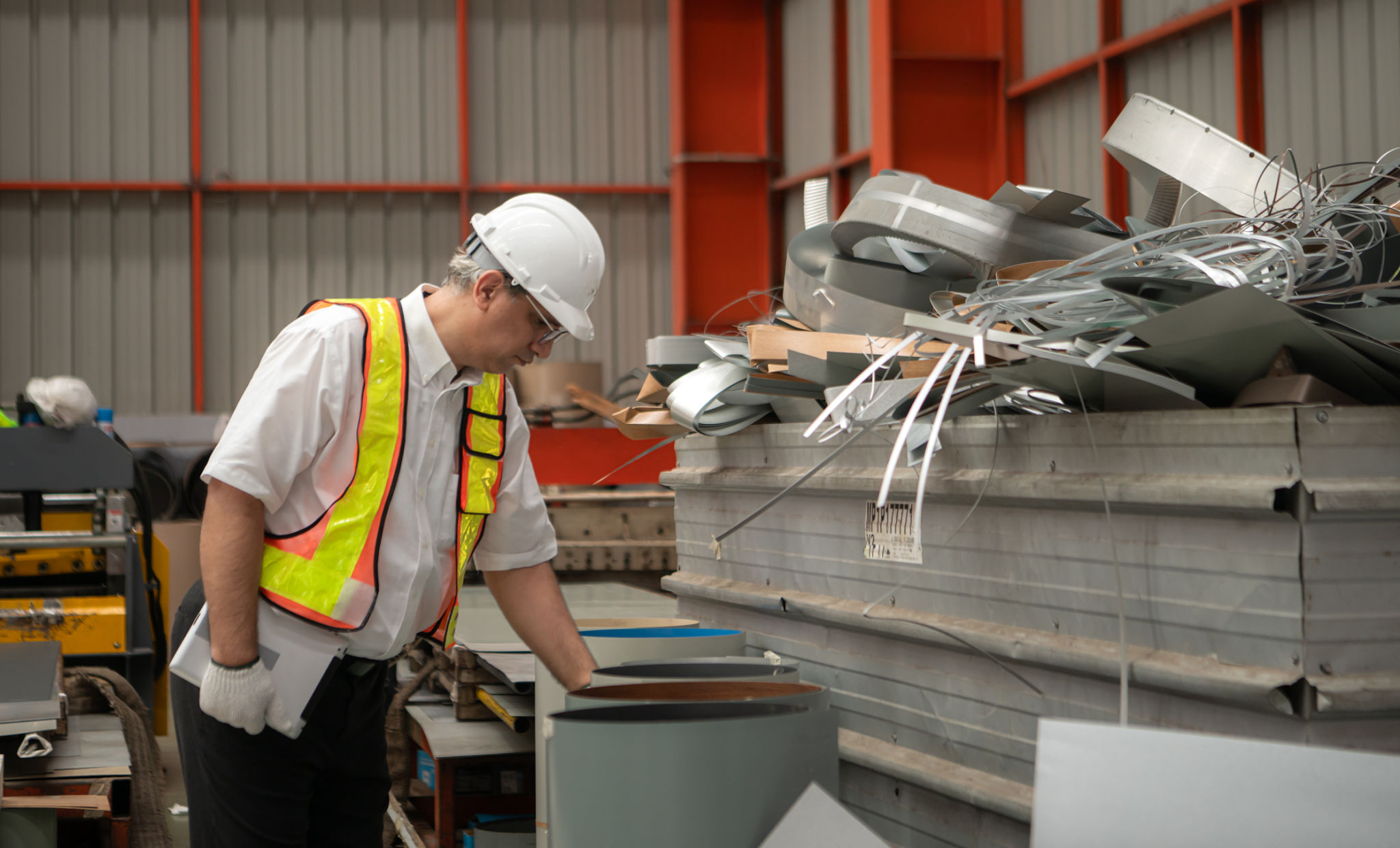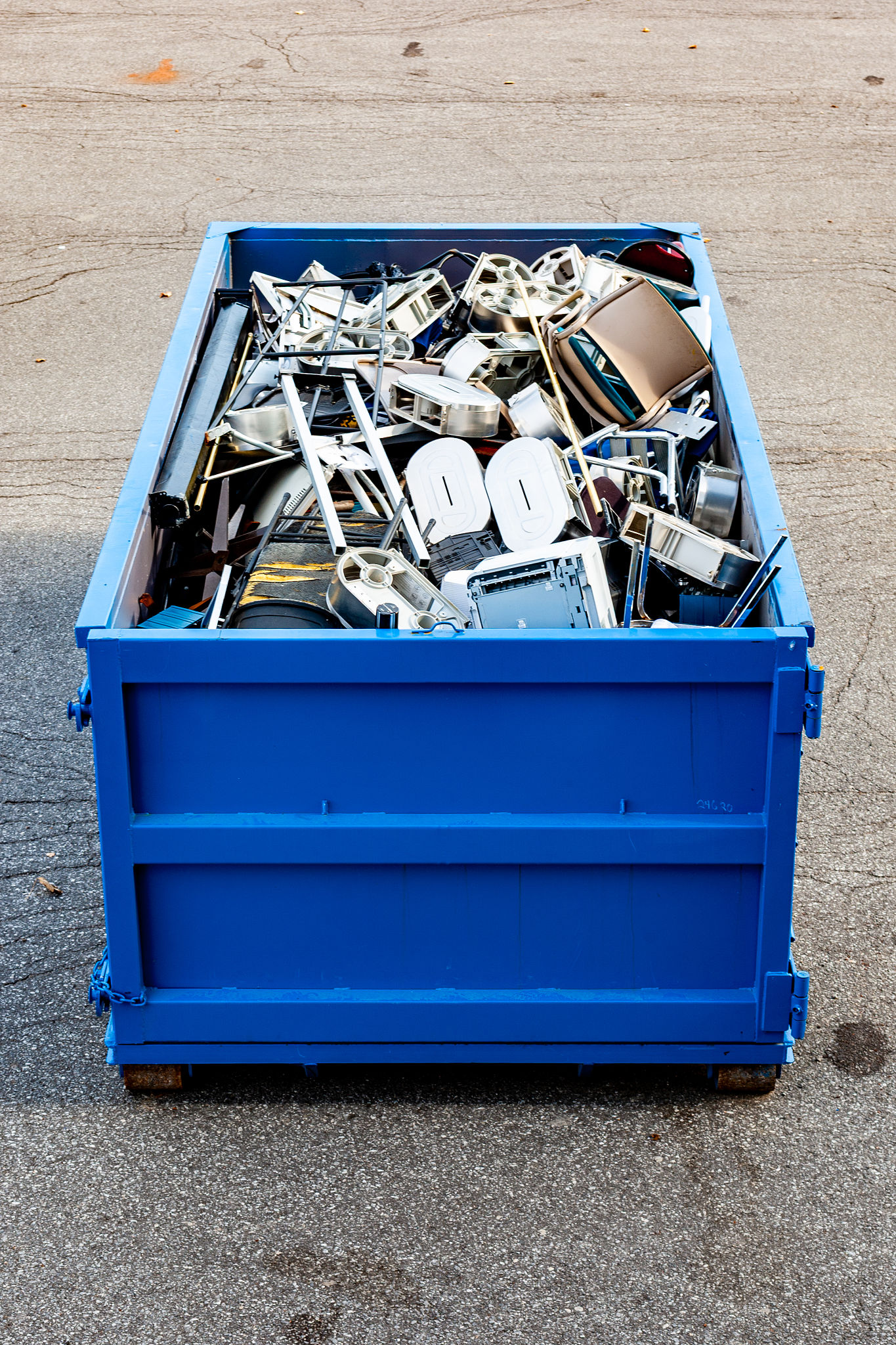Debunking Common Myths About Scrap Metal Recycling in the Philippines
Understanding the Basics of Scrap Metal Recycling
In recent years, scrap metal recycling has gained significant attention in the Philippines. However, despite its growing popularity, there are still many misconceptions surrounding this industry. It's crucial to address these myths to help individuals and businesses make informed decisions about recycling metal waste.
Scrap metal recycling involves collecting and processing end-of-life products made from metal to create raw materials for new products. This process not only conserves natural resources but also reduces energy consumption and greenhouse gas emissions.

Myth 1: Scrap Metal Recycling Is Not Environmentally Friendly
One of the most common myths is that scrap metal recycling is not beneficial to the environment. In reality, recycling metal significantly reduces the need for mining, which is a resource-intensive and environmentally damaging process. By recycling metals, we can conserve natural resources and minimize the ecological footprint.
Additionally, recycling metals consumes less energy compared to producing new metals from raw ore. For instance, recycling aluminum saves up to 95% of the energy required to produce new aluminum, while recycling steel saves about 60% energy.
Myth 2: Scrap Metal Recycling Is Not Profitable
Another misconception is that scrap metal recycling does not offer financial benefits. In fact, recycling metals can be a lucrative business. The global demand for recycled metals is increasing, driven by industries seeking sustainable materials. This demand translates into competitive prices for scrap metals, making it a profitable endeavor for collectors and recyclers alike.
Individuals and businesses can also benefit by selling their scrap metal instead of discarding it as waste. This not only generates revenue but also reduces waste management costs.

Myth 3: Only Large-Scale Operations Benefit from Scrap Metal Recycling
Some people believe that only large-scale operations can benefit from scrap metal recycling. However, this is far from the truth. Small businesses and even individual households can contribute to and benefit from scrap metal recycling. Many local recyclers accept small quantities of metal waste, making it accessible for everyone to participate.
By engaging in recycling practices, small-scale operations can reduce their waste disposal costs and improve their sustainability efforts. This collective effort amplifies the positive impact on the environment.
Myth 4: All Metal Waste Is Recyclable
While a significant portion of metal waste is recyclable, not all metals can be processed in recycling facilities. For example, certain types of metals like radioactive or heavily contaminated metals are not suitable for conventional recycling processes. It is essential to distinguish between recyclable and non-recyclable metals to ensure efficient recycling practices.

To maximize recycling efficiency, individuals and businesses should separate their metal waste according to type and take it to appropriate facilities that can handle specific materials.
The Role of Education in Promoting Recycling
Ultimately, debunking these myths requires continuous education and awareness campaigns. By understanding the true benefits and processes involved in scrap metal recycling, more people can contribute to creating a sustainable future in the Philippines.
As awareness grows, so does participation in recycling programs. This collective effort can drive substantial environmental benefits and support economic growth in the region. Embracing scrap metal recycling is a step toward a more sustainable and prosperous future for all.
